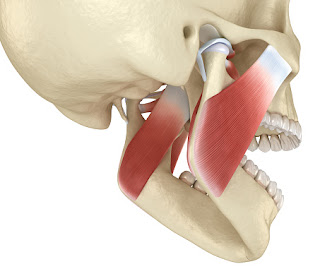Tips If You Have Dizziness
Dizziness is a common problem and usually isn’t serious. During a spell of dizziness, you may feel as though you’re spinning or moving when you’re not and that’s called vertigo. You may also feel lightheaded or faint, unsteady on your feet and your head is heavy or floating.
If you feel dizzy, sit or lie down at once. This will lower your chance of falling down. If you have vertigo, it may help to lie down in a dark, quiet place with your eyes closed.
Drinking water may also give you fast relief, especially if you’re dizzy because you’re dehydrated. If you’ve had a series of dizzy spells, there are things you can do to make yourself safer.
Remove tripping hazards in your home, such as rugs on the floor, so that you’re less likely to fall, avoid alcohol, caffeine and tobacco, which can make symptoms worse. Drink enough fluids and get plenty of sleep. Be aware of things that trigger your dizziness, such as lights, noise, and fast movement, and try to be around them less or move more slowly.
If you’ve had many bouts of dizziness or spells that last a long time, make an appointment with your doctor. You should seek help at once if you’re dizzy and also have chest pain or shortness of breath, severe headache, sudden change in your vision or hearing, or trouble speaking, numbness or weakness, high fever
and stiffness in your neck.
Keeping you upright and balanced is not an easy job for the brain. It needs input from several systems to do that.
Your doctor may ask you some questions to help narrow down the cause of your problem: What were you doing before your dizziness? What did you feel like during your spell? How long did it last? Dizziness might be the result of a circulatory problem. The older you are, the greater your chance for problems with dizziness. As you age, you’re also more likely to take medications that have it as a possible side effect.
Most serious complication with dizziness is falling. It may also be unsafe for you to drive or perform other tasks. If your dizziness is caused by an underlying health problem, you may face other problems if that condition goes untreated.




Comments
Post a Comment